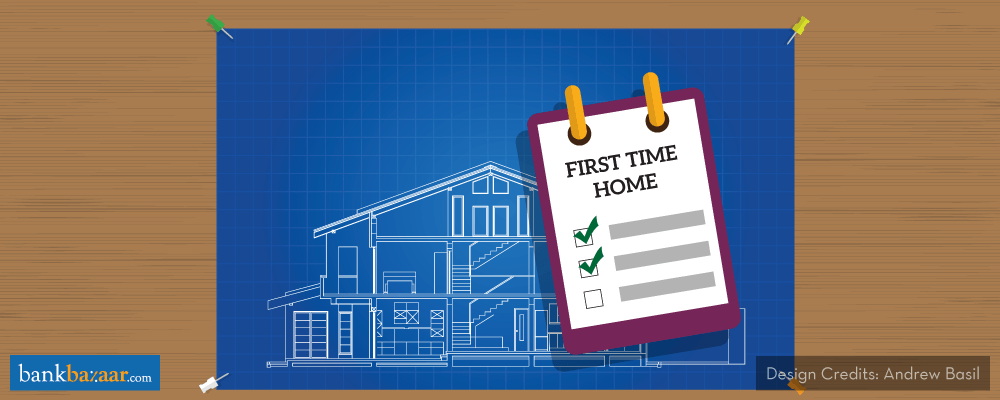
The combined effect of demonetisation, lowering interest rates and passing of the Real Estate Regulation and Development Act (RERA Act) is likely to see an increase in buyers in the real estate market.
While some may be regular investors, some are likely to be first-timers who have been waiting in the wings for property prices to go down. While regular investors are well-versed with the paperwork and other requirements associated with buying a home, first-timers might be a little jittery when it comes to making the right decisions.
Here is a definitive checklist to help you when the time comes to buy your first home:
- Assess Your Requirement
The kind of house you want to purchase, just like any other asset, is dependent on the goal you are aspiring to meet. Before you start looking for a house, assess whether you want it for immediate use or as an investment.
If you’re looking to buy a house for immediate use, you will have to look for an already-constructed property, while for the latter you could look for a property which has yet to be constructed or is in the process of being constructed.
- Check The Location
Before you consider a property for purchase, look at the location and see if it is close to necessary amenities such as schools, hospitals, etc. Even if you have budget constraints, you must figure out ways of transportation to avoid inconvenience on a daily basis.
- Background Research Of The Property And Builder
Do a thorough background check on the reputation of the property as well as the builder before you zero in on a house. This will ensure that you don’t enter into a fraudulent deal.
Banks often don’t want to finance loans for properties that have unresolved legal issues or builders who are not in the good books of the bank. You can always seek help from a property expert or lawyer to ensure all background details are in place and you are offered what’s been promised.
- Survey The Construction
Conduct a construction survey to ensure that there are no technical errors. You don’t want your house to crumble suddenly or collapse due to bad weather conditions. Employ competent engineers, plumbers, electricians, etc. to ensure the property is in sound condition.
- Make Sure There Are No Outstanding Liabilities
This is applicable for properties that are up for resale. Make sure the previous owner has cleared off all his outstanding utility bills and is not a defaulter of the Home Loan for the property you are considering to buy. You shouldn’t have to shoulder such outstanding liabilities.
- Get Your Documents In Order And Register The Purchase Agreement
Purchasing of a house comes with hefty paperwork. You need to furnish the necessary documents, get the purchase agreement drawn, signed and registered when buying a house.
On registration of the agreement or the sales deed, the applicable stamp duty has to be paid. You could always engage a lawyer or a real estate expert to ensure your documents are in place.
- Get A Home Loan If Necessary
Buying a house is a huge financial decision and if you need help with financing it, you can always go in for a Home Loan. In order to do this you should meet the loan eligibility criteria in terms of age, income, etc. laid down by the bank.
One thing you must ensure you have before approaching a bank for a loan is a healthy Credit Score, which is ideally anything above 750. You must also have filed your income tax returns in the preceding years, and have your income statements or salary slips in place. Banks look at your credit score to check your eligibility for paying off a loan.
With this checklist, you can simplify your home-buying process and invest in a safe-to-buy property that will bring you security and assured returns.